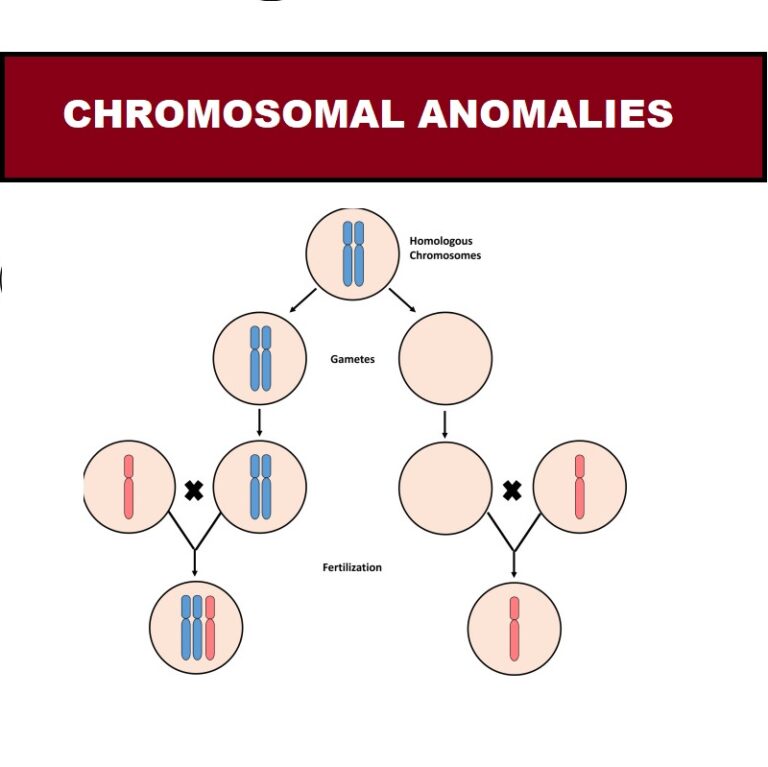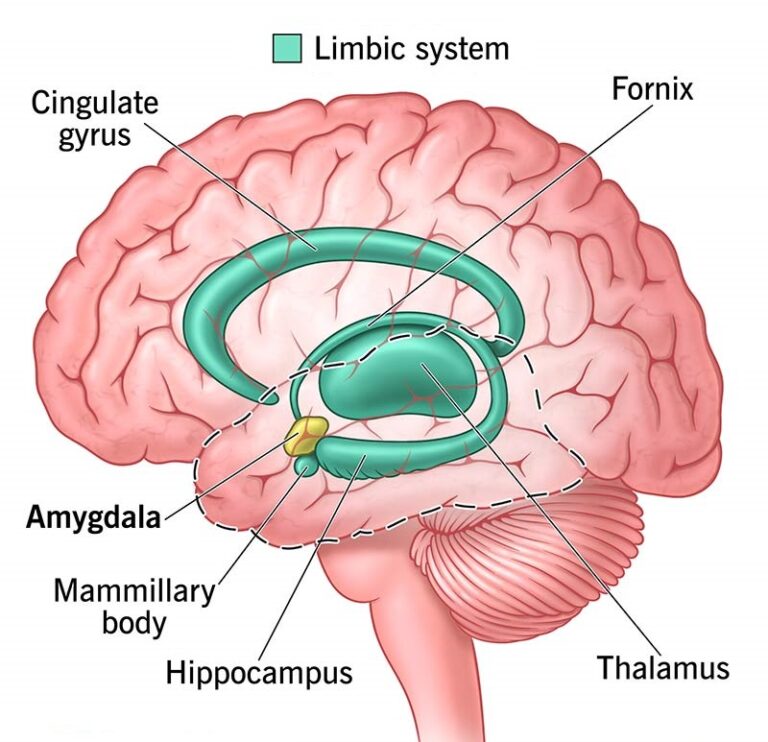
Introduction
The emergence of psychology as a discipline in the Western tradition reflects a profound evolution of thought spanning millennia. From its philosophical underpinnings in ancient Greece to the theological integrations of the medieval period and its eventual transition to a scientific discipline in the modern era, psychology’s journey reveals a continuous quest to understand human behavior, cognition, and emotion. This article delves deeply into these pivotal periods, examining their key contributions and their enduring impact on the field of psychology.
Greek Heritage
Philosophical Beginnings
The roots of Western psychology are deeply embedded in ancient Greek philosophy, where thinkers like Socrates, Plato, and Aristotle pioneered inquiries into the human mind, ethics, and behavior. Their work laid the foundation for many concepts still relevant in modern psychology.
Socrates (469-399 BCE):
- Socrates emphasized the importance of introspection, the process of examining one’s thoughts and feelings to achieve self-awareness.
- His Socratic method, a form of dialectic questioning, aimed to uncover universal truths and challenged individuals to think critically about moral and philosophical issues.
- Impact: Socrates’ focus on self-reflection is echoed in modern therapeutic practices like cognitive-behavioral therapy (CBT), which encourages individuals to analyze their thought patterns.
Plato (427-347 BCE):
- Plato, a student of Socrates, proposed a dualistic view of human nature, distinguishing between the physical body and the immortal soul. This dualism influenced later debates on the mind-body relationship.
- In The Republic, Plato introduced the tripartite theory of the soul:
- Rational part: Governs reason and intellect.
- Spirited part: Governs emotions and courage.
- Appetitive part: Governs desires and instincts.
- Impact: This model prefigures modern theories of personality, such as Freud’s id, ego, and superego.
Aristotle (384-322 BCE):
- Often regarded as the first psychologist, Aristotle emphasized empirical observation and systematic analysis.
- In De Anima (On the Soul), he explored sensation, perception, memory, imagination, and reasoning as integral to human psychology.
- He viewed the soul as the form of the body, rejecting Plato’s dualism, and advocated a holistic approach to understanding human nature.
- Impact: Aristotle’s empirical approach inspired the later development of experimental psychology.
Table 1: Key Greek Contributions to Psychology
| Philosopher | Contribution | Impact on Psychology |
|---|---|---|
| Socrates | Introspection | Foundations of self-awareness |
| Plato | Dualism, tripartite soul | Early theories of personality |
| Aristotle | Empirical observation | Basis for scientific methodologies |
Legacy of Greek Psychology
The Greek heritage emphasized rationality, ethics, and the search for universal truths. It also set the stage for later developments by integrating philosophical inquiry with observations of human behavior, paving the way for both the medieval and modern periods of psychology.
Medieval Period
Scholasticism and Theology
The medieval period, spanning the 5th to 15th centuries, saw the integration of Greek philosophical traditions with Christian theology. This era was dominated by scholasticism, a method of critical thought that sought to reconcile faith with reason.
Saint Augustine (354-430):
- Augustine synthesized Platonic ideas with Christian doctrine, emphasizing introspection as a means of understanding the divine.
- He explored the concept of memory as a vast repository of experiences and ideas, which prefigured modern cognitive psychology.
- His writings on free will and inner conflict foreshadowed themes in psychoanalysis.
Thomas Aquinas (1225-1274):
- Aquinas built upon Aristotle’s work, integrating it with Christian theology. He proposed a hierarchical model of the soul:
- Vegetative soul: Governs basic biological functions.
- Sensitive soul: Responsible for sensory and emotional experiences.
- Rational soul: Unique to humans, governing reason and intellect.
- Impact: Aquinas’ distinction between different aspects of the soul influenced later theories of consciousness and cognition.
Intellectual Climate of the Medieval Period
- The medieval focus on the soul as the essence of human nature reinforced the importance of spirituality and ethics in understanding behavior.
- However, the reliance on theological explanations limited empirical exploration, creating tension between faith-based and observation-based approaches.
Contributions to Modern Psychology
The medieval period’s emphasis on introspection, ethics, and the unity of body and soul laid a conceptual groundwork that would later be expanded upon during the Renaissance and the scientific revolution.
Modern Period
Transition to Scientific Psychology
The modern period marked a dramatic shift in the study of psychology, moving from philosophical speculation to scientific investigation. This transformation was driven by developments in rationalism, empiricism, and advancements in physiology.
Rationalism and Empiricism:
- Rene Descartes (1596-1650):
- Advocated for mind-body dualism, positing that the mind (non-material) and body (material) interact through the pineal gland.
- His emphasis on deductive reasoning influenced cognitive psychology.
- John Locke (1632-1704):
- Proposed that the mind is a “tabula rasa” (blank slate), shaped entirely by experience.
- This empiricist perspective laid the foundation for behaviorism and learning theories.
Physiological Foundations:
- Advances in anatomy and neurophysiology during the 17th and 18th centuries revealed the biological underpinnings of behavior.
- Pioneers like Luigi Galvani and Hermann von Helmholtz studied neural conduction, demonstrating the physical basis of mental processes.
Founding of Experimental Psychology
Wilhelm Wundt (1832-1920):
- Established the first psychological laboratory in Leipzig in 1879, formalizing psychology as an independent scientific discipline.
- Emphasized introspection and the systematic study of conscious experience.
Other Key Figures:
- William James (1842-1910): Introduced functionalism, focusing on the adaptive purpose of mental processes.
- Sigmund Freud (1856-1939): Explored the unconscious mind, creating psychoanalysis as a method to uncover hidden motivations and conflicts.
Table 2: Key Figures and Contributions in Modern Psychology
| Scholar | Contribution | Impact on Psychology |
| Rene Descartes | Mind-body dualism | Basis for cognitive studies |
| John Locke | Empiricism | Foundations of learning theories |
| Wilhelm Wundt | Experimental psychology | Established psychology as a science |
| William James | Functionalism | Emphasis on practical applications |
| Sigmund Freud | Psychoanalysis | Focus on the unconscious mind |
Methodological Advances
- Structuralism: Wundt and Titchener focused on breaking down mental processes into basic components.
- Functionalism: James emphasized understanding the purpose of mental processes in adapting to the environment.
- Behaviorism: Watson and Skinner shifted focus to observable behavior and its relationship with the environment.
Conclusion
The emergence of psychology in the Western tradition reflects an intricate interplay of philosophical inquiry, theological integration, and scientific exploration. Each period—Greek, medieval, and modern—contributed unique perspectives and methodologies, shaping the field into its current form. By building on these rich traditions, psychology continues to evolve, addressing complex questions about human thought, behavior, and emotion.
References
- Robinson, D. N. (1982). An Intellectual History of Psychology. University of Wisconsin Press.
- Leahey, T. H. (2001). A History of Psychology: Main Currents in Psychological Thought. Prentice Hall.
- Wundt, W. (1874). Principles of Physiological Psychology. Leipzig: Engelmann.
- James, W. (1890). The Principles of Psychology. Henry Holt and Company.
- Aquinas, T. (1265-1274). Summa Theologica. Translated by Fathers of the English Dominican Province.







